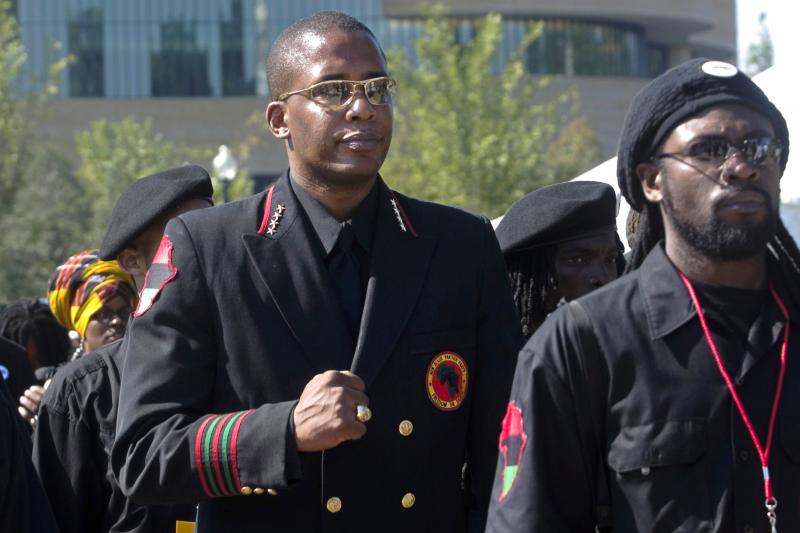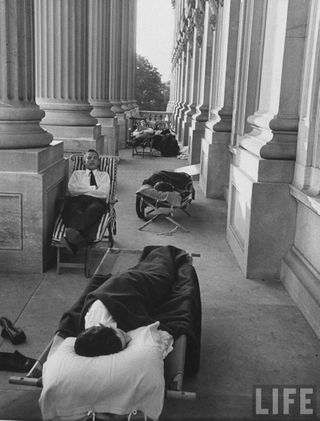If you’re like me, you’re tired of being lied to.
That’s what got me started in media criticism. I would read the Los Angeles Times every day and shout at the newspaper’s reporters and editors over my cornflakes. “This isn’t true and you know it!” I’d yell.

Of course, nobody over there was listening. But they listen to me now… sometimes.
Back in February 2003, I started writing my blog, primarily as an outlet for my frustration at the bias, omissions, and distortions I found in the L.A. Times on an almost daily basis.
Since then, I’ve managed to get the editors’ attention a few times.
During the Iraq war, I questioned an L.A. Times report that a U.S. airstrike in Ramadi had “pulverized” 15 homes and killed 30 civilians. My military and other local sources denied the report. Based on my post, the editors backed off their initial claims.
In 2008, the paper reported that Judge Alex Kozinski had published sexually explicit images, including images of bestiality, on a public web site. My investigation showed that the images were humorous and innocuous… and were never meant to be viewed by the public. Eventually, the tide of public opinion turned in Kozinski’s favor, and several complaints against him were resolved with no explicit finding of misconduct.
Starting to think I was Making a Difference? Not always.
In 2006, I caught an L.A. Times columnist named Michael Hiltzik praising himself under assumed names on various web sites. As a result of my post, the editor took away Hiltzik’s column, explaining that he couldn’t have a dishonest columnist.
So they made Hiltzik a reporter. By the end of the year, he was publishing pieces on the front page. Today, he has his column back.
So yes, you can fight back. You can expose falsehoods.
Sometimes the editors will agree with you, and take action.
And sometimes, they’ll sneer at you and do nothing.

Although I have obtained more than 40 corrections from this newspaper, I have pointed out dozens (if not hundreds) of other errors that should have been corrected, but weren’t. The editors’ consistent refusal to make appropriate corrections has eroded their credibility in the eyes of an ever-increasing audience of skeptics.
For months I tried to tell editors that one of their Pulitzer-prize winning reporters was a hack who was sloppy with his facts and distorted the truth. Editors didn’t listen. Eventually, the reporter wrote a blockbuster story based on forged documents, exposing the paper to a potential multi-million dollar lawsuit. Only then was he fired – but by then, the paper had already suffered a huge black eye.
So don’t get the idea that media criticism is a rewarding experience, filled with triumphs, as the critic forces his local newspaper to correct its mistakes. More often, it feels a little like sprinting into a brick wall head first, backing up, and doing it again. And again.
Large newspapers like the Los Angeles Times have a hidebound, snooty culture. Many of the individuals who work there are decent, professional people trying to do the best job they can. But the culture of self-satisfaction is pervasive – as honest staffers will admit to you privately. Big Media editors think they are better than you — hell, they know they are better than you. Matt Welch and Tim Cavanaugh, who both worked at the Times, each say that it was a common joke for staffers to wish that they could just “fire our readers.”
Here’s the thing: increasingly, readers are saying, “You can’t fire us! We quit!”

Like most newspapers, circulation at the L.A. Times has been plummeting for years. The paper’s parent company has declared bankruptcy. The L.A. Times now announces several rounds of layoffs every year. My spies tell me morale is basically nonexistent. The paper used to make a profit; I doubt it still does. Reporters and editors alike believe the paper’s days are numbered.
And it’s only going to get worse. We’re watching death in slow motion.
I have mixed feelings about this, because many of the individuals there are likable people. But the arrogance has to go. The disregard for facts has to go. If that means that the institution must die, then so be it.
You can help kill it, and replace it with something better. That’s what I think Big Journalism is all about.
Anybody can do what I do. You need only stay in touch with what’s going on and care about the truth. If you’re reading this, that probably describes you.
Why not turn your attention to your local paper? Instead of complaining at the water cooler about the latest outrage on the front page of your local rag, why not start a blog and write about it? And send us e-mails here, to let us know what your paper is doing wrong.
We want to appeal to working journalists as well as citizens. Again: I know for a fact that the L.A. Times has quality people working for it, who appreciate the good things the paper does – who believe, even, that newspapers are vital to democracy — but who are sick and tired of the orthodoxy, the stuffiness, and the overweening smugness of the institution.
Well, to hell with the institution. Let’s chuck the institution overboard — and start seeking the truth, together. Let’s start right now.
COMMENTS
Please let us know if you're having issues with commenting.